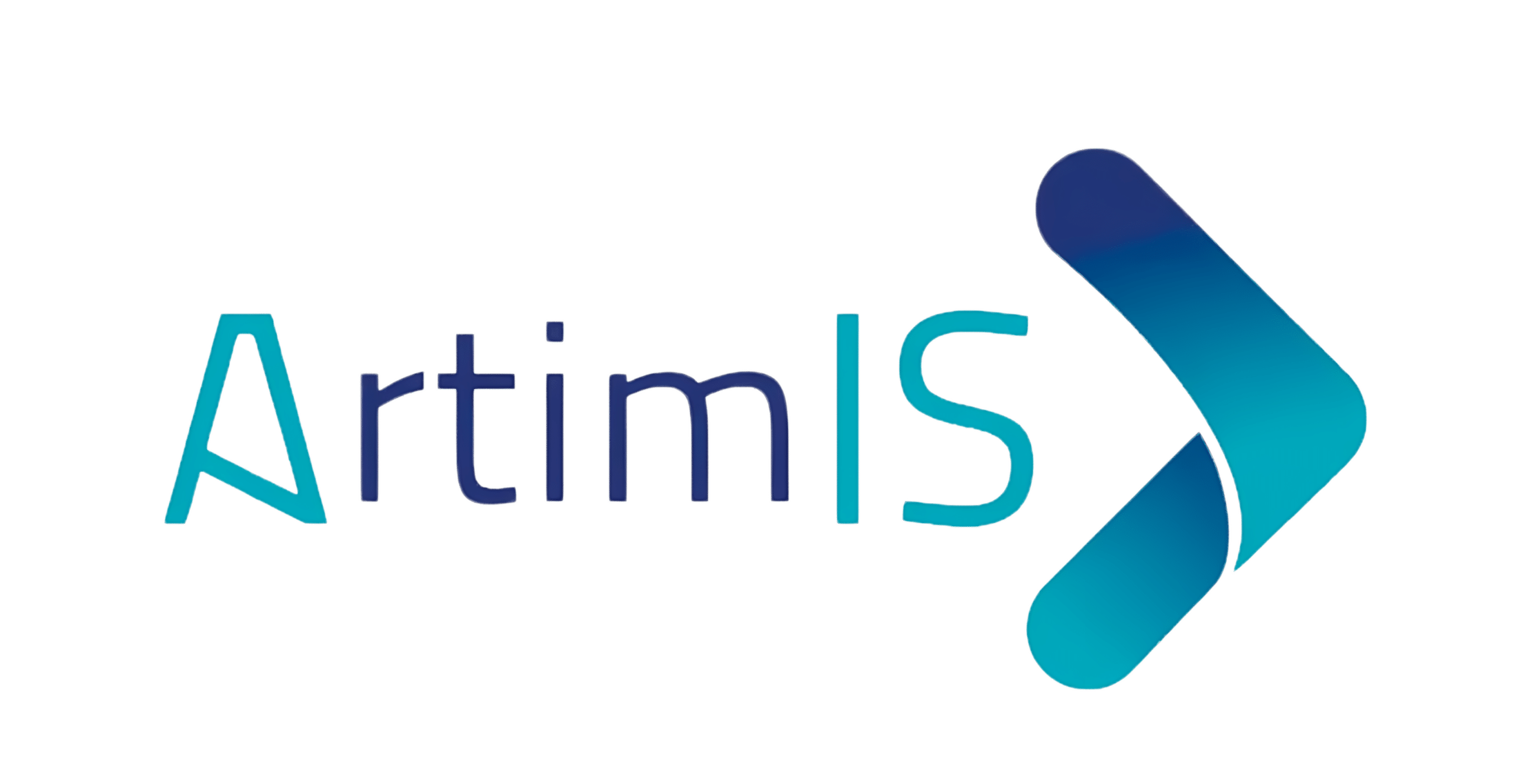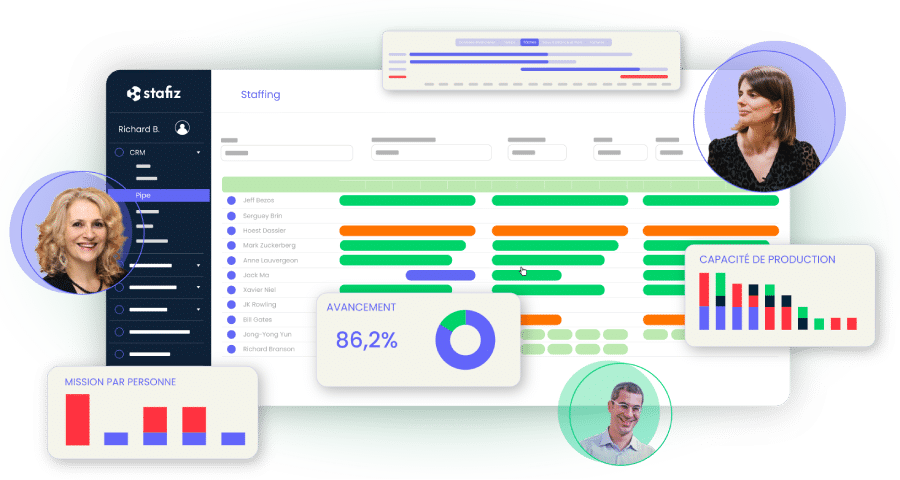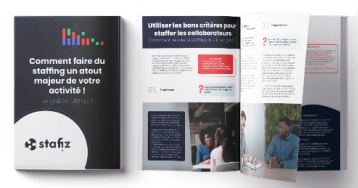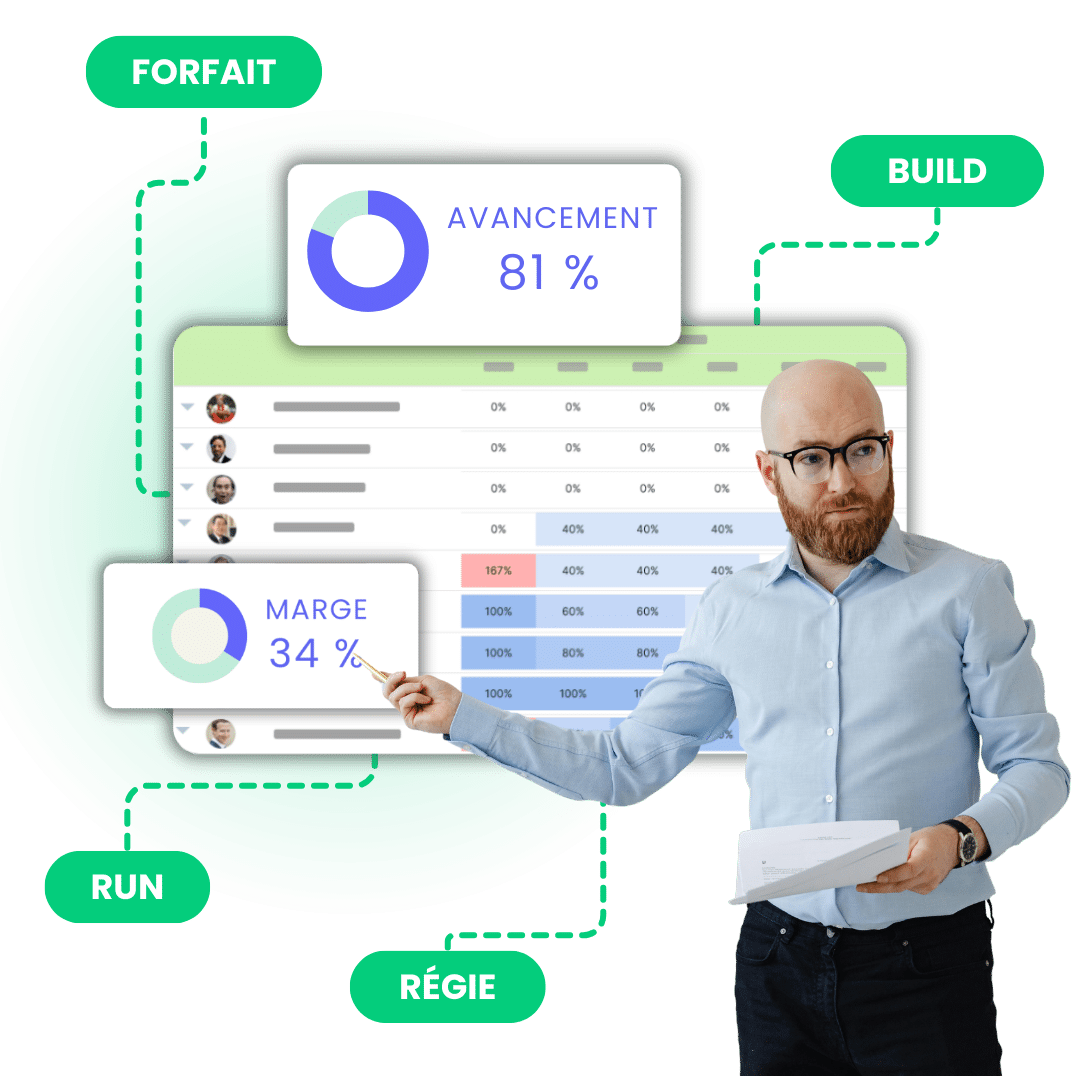Interview avec Meja – Cabinet de conseil
Interview
Notre interview avec Pierre Erra, cofondateur du cabinet de conseil Meja

“Bonjour Pierre, commencez par nous présenter votre société :
Bonjour, je m’appelle Pierre Erra et je suis cofondateur du cabinet de conseil en transformation numérique : meja. Notre métier est d’accompagner nos clients dans la mise en œuvre de projets de transformation qui touchent au numérique et aux systèmes d’information. Nous les accompagnons d’un point de vue métier sur toutes les étapes d’un projet : de la définition de la stratégie numérique, jusqu’à la mise en œuvre opérationnelle d’un système en passant par l’accompagnement au changement associé.
Meja est un jeune cabinet de conseil. Nous l’avons créé il y a deux ans et demi avec mon associé Wadii Moustatir. Nous nous efforçons d’adopter une méthode et une rigueur des plus exigeantes proches, voire meilleures, que celles de très grands cabinets de conseil ; et en même temps nous profitons d’une certaine flexibilité et agilité dans notre fonctionnement qui fait que nous sommes toujours en apport d’innovation.
Meja compte désormais une douzaine de consultants spécialisés sur trois secteurs métiers sur lesquels se concentre l’ensemble de notre activité : l’enseignement et la formation, les administrations et collectivités territoriales, et la santé.
Cela fait un an depuis le premier confinement, pas mal de choses se sont passées. Pouvez-vous nous donner votre avis sur l’impact que cette crise sanitaire a eu ? Du point de vue de vos clients, y a-t-il eu une évolution ?
D’un point de vue “pratico-pratique”, lorsque j’ai débuté mon métier de consultant, la mobilité était très forte : je passais mon temps dans des trains et maintenant je passe mon temps dans des trains. Désormais tout le travail s’effectue chez moi ou au cabinet. D’un point de vue relationnel, nous nous attachons à continuer d’accompagner nos clients avec une grande proximité bien que le contact soit indéniablement différent lorsque celui-ci s’effectue en distanciel. Tout le monde parle de bouleversements, de changements à très long terme, mais je ne l’envisage pas ainsi…
La crise a illustré que le présentiel n’était pas une obligation. La crise n’a pas vraiment d’avant et d’après, pour moi, c’est plutôt révélateur de la force et de la maturité des organisations qu’on accompagne ou malheureusement de leurs faiblesses. Le confinement a souligné les failles d’organisations un peu dépassées et qui se sont retrouvées très dépourvues du jour au lendemain en raison de fonctionnement assez “old school”, autoritaire où le management était synonyme d’un contrôle lié au présentiel. Alors que d’autres structures plus adaptées à un management par les objectifs – par des projets, par une prise de responsabilité des salariés – ont mieux fonctionné. A l’évidence, ce fonctionnement en distanciel requiert une plus grande confiance, cela ne repose pas sur le contrôle hiérarchique.
Avez-vous senti un changement dans la demande de vos clients ? Est-ce que les besoins ont évolué ?
Dans mes projets, je n’ai pas vu de bouleversements. Mais il y a eu un ralentissement considérable de la prise de commande et de l’activité commerciale. Tous les projets qui n’étaient pas lancés ont été gelés, et les projets en cours ont continué – mais d’une autre façon. En revanche, les clients témoignent d’un besoin d’accompagnement pour apprendre à travailler de manière plus collaborative et moins hiérarchique : un management plus horizontal.
Comment vous êtes-vous adaptés à cette situation en interne ?
L’annonce a été brutale certes, mais nous avions la chance de travailler de manière collaborative sur les outils web au sein de meja donc le passage en total télétravail n’a eu aucun impact d’un point de vue « outil ». Cela a tout de même donné lieu à une grande réflexion chez meja.
Dans notre activité de conseil, nous avons deux gros aspects : nous ne vendons pas une personne, nous vendons une expertise, des savoir-faire et formations. C’est ce volet humain d’échange qui a été dur à maintenir. Nous avons changé notre rythme de réunion et avons essayé de garder cette entraide, de faire des jeux en distanciel. Tout ce qu’on fait en entreprise devient une aventure collective. Les gens échangent entre eux, ils partagent. Mais tout cela ne remplacera jamais la force qu’on avait en présentiel. Nous allons essayer de maintenir une juste répartition des temps de travail sur le site et de télétravail.
En 2021, ressentez-vous un changement ? Avec la reprise des projets décalés. Est-ce que le marché est en train de se remettre ou y a-t-il encore cette incertitude qui pèse ?
J’ai bien sûr ressenti cette tension au premier confinement, même si projets en cours n’ont pas totalement été arrêtés. Depuis la fin du deuxième semestre de l’an dernier et début de cette année 2021, nous revenons sur un rythme plus normal où de nouveaux projets sont lancés. Nous retrouvons une activité commerciale soutenue, en réponse à des nouveaux besoins.

Est-ce qu’il y a eu changement plus profond dans l’approche conseil ? Dans le métier en tant que tel ? Ou était-ce juste une parenthèse ?
Ce n’est pas une parenthèse. Il y a des changements induits sur lesquels on ne reviendra pas, comme le télétravail. Il va y avoir des changements de fond, mais cela ne remettra pas tout en cause. Nous avons pensé qu’avec les indépendants on pouvait avoir une désintermédiation et que les cabinets de conseil n’allaient plus exister et finalement nous réalisons que ça n’a pas été le cas.
Et demain, je ne crois pas non plus au conseil complètement éclaté, fait de travailleurs indépendants derrière leur écran. Je crois à la force d’une entreprise, d’un cabinet structuré qui acquiert du savoir, capitalise sur des connaissances, échange sur les meilleures pratiques, forme ses salariés ; ce que n’ont pas les indépendants.
Vous avez fait fonctionner cette approche en distanciel. Est-ce que cela vous donne des envies d’international ? Est-ce que cela peut être une opportunité pour agrandir le marché ?
À mon échelle je n’envisage pas encore l’international, car nous sommes une entreprise naissante donc nous avons largement de quoi faire pour croître en France.
Quel type de conseil pourriez-vous donner à un futur fondateur ?
La question fondamentale est de savoir ce qu’on apporte au client. Il faut avoir confiance en ses points forts, avoir des convictions et ne pas hésiter à se lancer. Ce n’est pas très compliqué de fonder un cabinet de conseil. En revanche, il faut être très humble et avoir des idées claires sur le projet et ce qu’on apporte. Il est important d’être assez flexible et accepter de dépendre aussi du marché, des besoins ; il faut être capable de réajuster son projet.
Il faut fonctionner par petits pas. Quand on commence il faut réussir à viser ce qui est atteignable. Et les références, missions, etc. sont des choses qui s’acquièrent avec le temps quand on commence à se faire un nom. Ce qui est le plus dur, c’est le début.
Ce que nous avons fait et qui a marché, est que nos premiers clients ont été cajolés. Nous n’avons pas réfléchi à la rentabilité, et nous avons tout donné pour ces clients-là. Nous savions que c’étaient des clients qui nous avaient choisis au début et qui nous ont fait confiance. Ils ont pris un risque et celui-ci doit être récompensé par la crédibilité du travail effectué. Et c’est grâce à ces premiers clients que nous avons pu grossir, aujourd’hui nous faisons plus d’un million de chiffre d’affaires et nous commençons à être reconnus.
Sur ces deux ans et demi, quel est l’accomplissement dont vous êtes le plus fier ?
Concernant la réussite commerciale : quand nous nous sommes lancés, nous avons remporté au bout de neuf mois un très gros appel d’offre pour le Ministère de l’Éducation Nationale. Nous avons été référencés comme mono-attributaire sur un marché de conseil face à tous les plus grands concurrents du marché. J’en suis fier, nous avons répondu avec un partenaire nous a fait confiance mais nous étions mandataire du marché. C’est la qualité de notre réponse qui nous a permis de remporter ce projet.
Concernant la réussite de production : c’est l’accompagnement de l’école de commerce Neoma Business, ils ont initialement fait appel à nous pour une petite mission avec 20 000 € de budget pour les aider sur la structuration d’un appel d’offre. Nous avons fait de la surqualité et avons passé plus de temps, petit à petit ce client nous a chargés de beaucoup de missions. Et aujourd’hui ils nous font confiance pour mener les projets de transformation de leur ERP, nous sommes chefs de projets chez eux. C’est maintenant le plus gros client du cabinet et c’est une vraie fierté.”
Découvrez une autre interview ici, avec le cabinet YouMeO.
D’autres articles pourraient vous intéresser

Optimisation de la Gestion de la Relation Client (GRC) avec Stafiz : le cas d’Artimis
Natalia Duarte...


